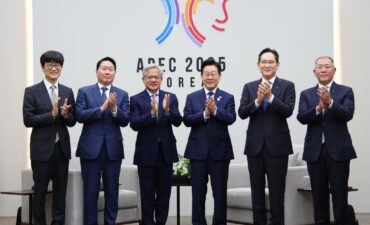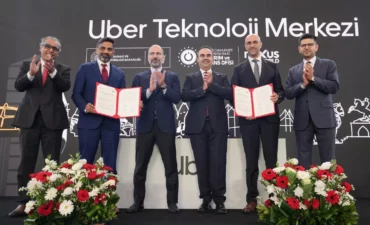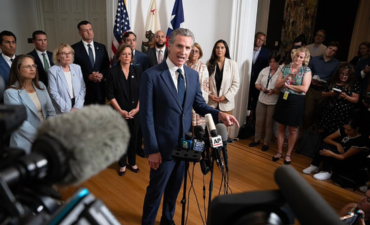This week’s are about tech, startup and sustainability, coming from China, Taiwan and the USA
1-TSMC trade secrets leak: three arrested
Authorities in Taiwan have arrested three people suspected of stealing trade secrets from Taiwan Semiconductor Manufacturing Company (TSMC), the world’s largest contract chipmaker.
I read this story at Quartz and the Taiwan High Prosecutors Office announced the arrests appeared following a probe initiated last month when TSMC flagged suspicious access to internal files during routine monitoring. The company said it uncovered “unauthorized activities” that pointed to a potential breach of sensitive information, accordng to the story.
TSMC, a critical supplier for tech giants including Apple and Nvidia, confirmed disciplinary action had been taken against individuals involved, some of whom were former employees. “TSMC maintains a zero-tolerance policy toward any actions that compromise the protection of trade secrets or harm the company’s interests,” the company said in a statement.
Prosecutors said they searched the suspects’ residences, though they did not release names, identifying only one suspect by the surname Chen. The case is now under judicial review, and TSMC said it could not provide further details. Let me add that the company said it has more than 200,000 trade secrets cataloged internally.
Nikkei Asia reported that the investigation may be linked to attempts to obtain proprietary data related to TSMC’s 2-nanometer chip technology, among the most advanced in the industry. The report said it remains unclear whether any data was successfully exfiltrated or if others may be implicated.
TSMC declined to comment further when contacted by Quartz, the story noted.
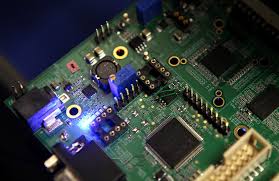
TSMC trade secrets leak: three arrested
2-New generation AI chips amid soaring energy demands
As artificial intelligence systems grow more powerful and energy-hungry, startups and major tech firms are scrambling to develop new microchips aimed at curbing AI’s surging power consumption.
I read this story at Wall Street Journal and Cloudflare, a major cloud services provider, is among the companies testing alternative chip technologies in a bid to reduce the vast energy required to power modern AI tools. “I can’t wrap my head around it,” said Andrew Wee, Cloudflare’s head of hardware, referring to projected power demands of future AI supercomputers. A veteran of Apple and Meta, Wee warned that the current pace of energy growth—estimated by the World Economic Forum at 50% annually through 2030—is unsustainable, according to the story.
Wee’s team is currently piloting chips from Positron, a startup founded in 2023 that recently secured $51.6 million in new funding. These chips aim to reduce power usage during AI inference, the stage when systems respond to user prompts. While Nvidia remains dominant in training AI models, the inference phase presents opportunities for more efficient solutions. Industry analysts say improving inference performance could save companies billions in energy costs, the story noted.
Cloudflare’s initial testing of Positron’s chips has been promising, prompting broader trials. “If they deliver what they promise, we’ll deploy them at scale,” Wee said. Only one other chip startup has made it that far in Cloudflare’s evaluation process, he added. (By the way, I have a story here and it is a book called The Chip)
A recent report by AI firm Anthropic echoes that sentiment: The true bottleneck for AI’s future might not be silicon—but electricity.

New generation AI chips amid soaring energy demands
3-China signals slowdown for EV industry
Chinese leaders are calling for a slowdown in the country’s electric vehicle boom, warning that excessive investment, intense competition, and unsustainable pricing are threatening the long-term health of the industry.
I read this story at insideevs.com and top officials, including President Xi Jinping, have voiced concerns in recent days over what they describe as irrational expansion and unhealthy market practices in China’s booming EV sector, the largest in the world. The calls come as dozens of Chinese brands flood the market with new models, triggering a fierce price war and growing financial strain among smaller suppliers, according to the story.
Despite the country’s strong global position in electric vehicles, officials say the sector’s rapid growth has led to disorderly competition and financial instability. The National Development and Reform Commission and other regulators held a high-level meeting urging tighter price controls and improved regulatory oversight. They warned that the practice of selling vehicles below cost — a tactic employed by some manufacturers to outlast competitors — could trigger direct government intervention if not curbed.
The EV market’s price war, led by major players such as BYD, has resulted in ultra-cheap models like the $8,000 BYD Seagull. But it has also placed immense pressure on suppliers, with some reporting delayed payments and squeezed margins. In response, automakers recently agreed to a standard 60-day payment schedule for suppliers, though regulators are pushing for stronger measures, the story noted.
Experts say the explosion of EV startups and factories has led to oversupply, with many brands struggling to achieve profitability. Analysts believe industry consolidation is inevitable and could accelerate under government pressure.
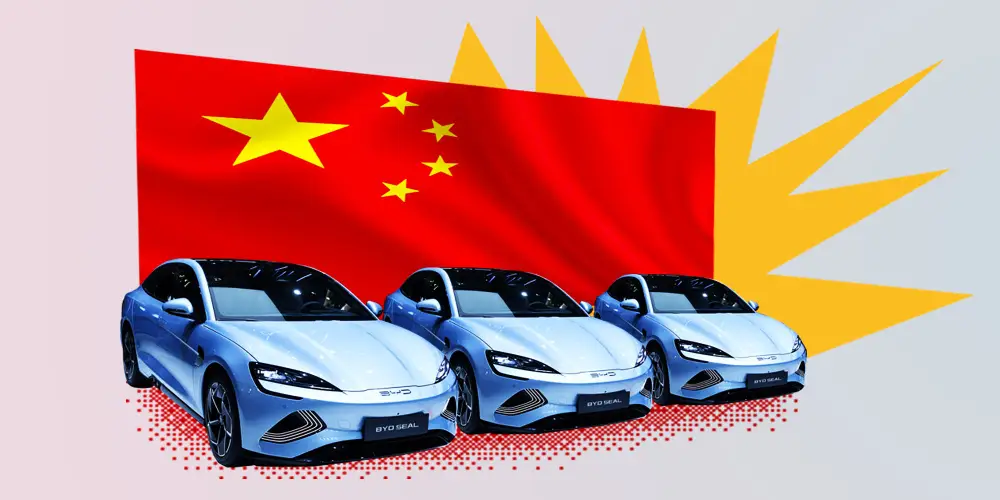
China signals slowdown for EV industry (Image: Getty Images)


